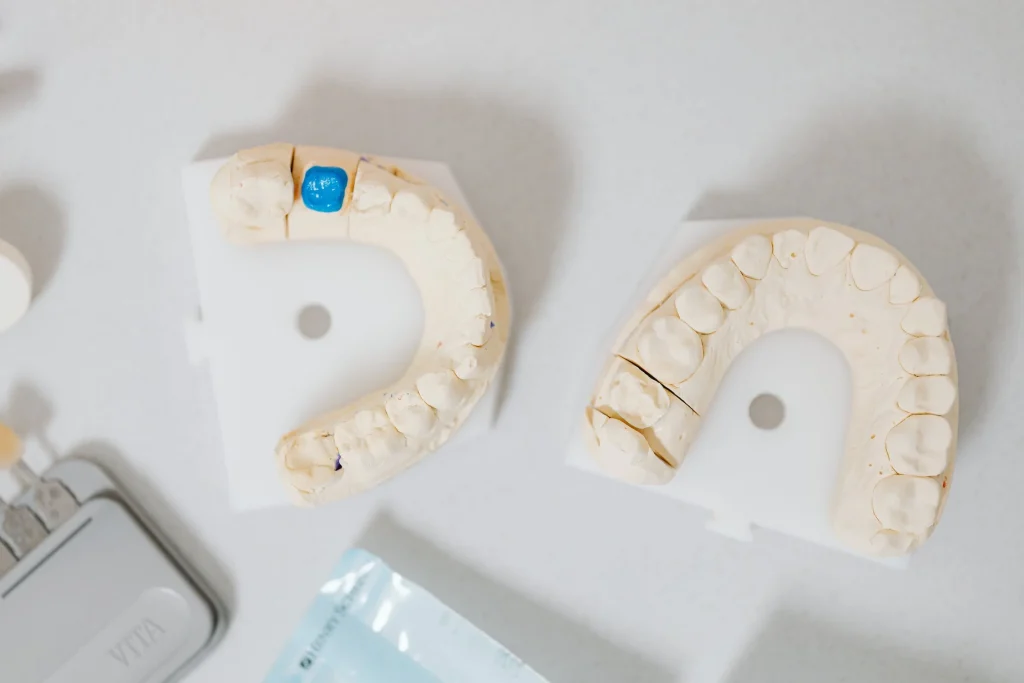Cloud-based solutions have transformed numerous industries, including dentistry, by offering enhanced convenience, scalability, and collaboration. However, as dental practises increasingly adopt these technologies, it becomes crucial to strike a delicate balance between the advantages of convenience and the necessity of robust data protection.
Let’s explore the key points surrounding the integration of cloud-based solutions in dentistry and the imperative to safeguard sensitive patient data.
1. Convenience and Efficiency
Streamlined Workflows:
Cloud-based solutions enable dental practices to manage appointments, patient records, and billing seamlessly. This streamlines administrative tasks and reduces the need for manual data entry, which further saves time and effort.
Remote Access:
Dental professionals can access patient information and treatment plans from anywhere with an internet connection. It is especially valuable for specialists and consultants who may be physically present in different locations.
Scalability:
Cloud solutions can easily accommodate the growing needs of a dental practice. Whether adding new practitioners or expanding services, cloud systems can scale up without significant infrastructure changes.
2. Enhanced Patient Care
Comprehensive Patient Profiles:
Cloud-based solutions allow dentists to access complete patient histories, including medical records, allergies, and previous treatments. It leads to more informed treatment decisions and personalized care. Cloud dental software helps in recording everything in one place which is easy and convenient.
Improved Communication:
Cloud platforms facilitate communication between dental team members. Dentists, hygienists, and support staff can collaborate on patient cases in real-time, leading to better treatment outcomes.
Patient Engagement:
Cloud systems often offer patient portals where individuals can access their treatment plans, appointment schedules, and educational resources. This level of engagement can lead to better treatment adherence and oral health practices.

3. Data Security and Privacy
HIPAA Compliance:
Cloud solutions used in dentistry must adhere to the Health Insurance Portability and Accountability Act (HIPAA) regulations. These regulations ensure the security and confidentiality of patient data.
Encryption:
Cloud platforms employ advanced encryption methods to protect patient data both during transmission and while stored on servers. It safeguards sensitive information from unauthorized access.
Access Controls:
Role-based access ensures that only authorized personnel can view and modify certain patient records. It minimizes the risk of data breaches resulting from internal sources. You can modify the control on records with the help of cloud dental software.
Data Ownership:
Dental practices must clarify data ownership and access rights with their cloud service providers. It prevents disputes and ensures that patient data remains under the practice’s control.
4. Backup and Disaster Recovery
Data Redundancy:
Cloud solutions often replicate data across multiple servers and locations. This redundancy helps minimize the risk of data loss due to any hardware failures or other unforeseen events.
Regular Backups:
Automated backups are a standard feature of cloud platforms. These backups help restore data to a specific point in time in case of accidental deletion or data corruption.
Disaster Recovery Plans:
Dental practices should work with cloud providers to establish robust disaster recovery plans. These plans outline steps to take in case of major disruptions, ensuring that data remains accessible and intact.
5. Cost Considerations
Initial Investment:
Cloud-based solutions typically require less upfront investment compared to traditional on-premises infrastructure. It can be beneficial for small and medium-sized dental practices.
Subscription Models:
Cloud services often operate on a subscription basis, spreading out costs over time. Practices can choose plans that align with their needs and budget.
Conclusion
Cloud-based solutions offer undeniable benefits to the field of dentistry, ranging from streamlined workflows and enhanced patient care to cost savings. However, the integration of these solutions must be approached with careful consideration of data security and privacy concerns.
Dental practices should prioritize HIPAA compliance, robust encryption, and access controls to safeguard patient data. By striking the right balance between convenience and data protection, dental professionals can harness the power of cloud technology while ensuring the confidentiality and integrity of sensitive patient information.









